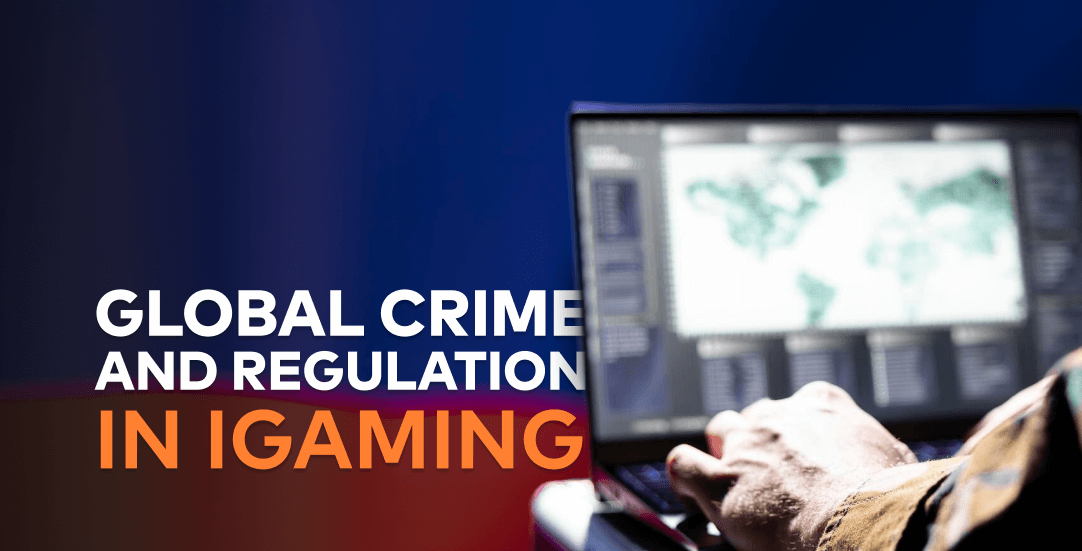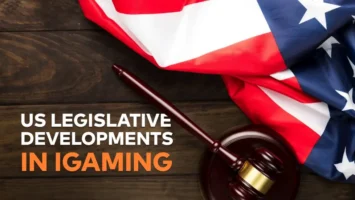Global crime and regulation in iGaming

The Global Crime and Regulation in iGaming landscape has entered a turbulent phase, with authorities across continents unearthing vast illegal gambling operations and reinforcing the need for more robust frameworks. This recent wave of enforcement—from Southeast Asia’s money-laundering crackdowns to high-profile busts in Europe and advanced data-sharing initiatives in Australia—offers a compelling snapshot of how digital gambling’s promise and peril are more intertwined than ever before.
Indonesia’s fight against entrenched money laundering
Few cases illustrate the scale of ongoing challenges like Indonesia’s recent crackdown on a sophisticated money-laundering scheme with deep ties to illegal online gambling. Acting on intelligence, Bareskrim, the national police’s criminal investigation department, identified two executive-level suspects—known publicly as OHW and H—as the masterminds behind PT A2Z Solusindo Teknologi and its subsidiary PT TGC. These firms allegedly engineered the movement of more than US$32 million (Rp530bn) through an astonishing 4,656 bank accounts, spread over 22 financial institutions.
The strategy, according to investigators, hinged on repeated, intricate fund transfers, designed explicitly to confuse anti-money laundering systems and obscure the illicit origins of the capital. Asset seizures have included Rp 276bn in government bonds, high-end vehicles, and the freezing of almost 200 bank accounts—a dramatic show of force and a warning to would-be offenders.
Notably, Indonesia’s legal response remains tough: gambling itself is strictly prohibited. Legislative tools such as Article 303 of the Criminal Code, threatening up to ten years in prison, and the Electronic Information and Transactions Law, with its own severe penalties, form a legal barricade. Yet, as this network’s longevity (dating back to at least 2007) demonstrates, criminal actors continue to find new channels and corporate fronts for their operations.
Europe confronts borderless, digital gambling schemes
The complexity of the iGaming criminal ecosystem is equally apparent in Austria, where authorities recently dismantled an international luxury lottery running out of Vienna. Marketed mainly through Facebook and other social channels, it offered high-value prizes, think Rolex watches and top-tier vehicles, to a pan-European audience, completely sidestepping the regulatory apparatus designed to ensure fair play and public safety.
This wasn’t a small-time operation. Thousands of tickets moved across borders, with transactions processed both online and in-person. The chief architect, a 30-year-old Serbian national, ran the scheme from a discreet Vienna residence. When the Vienna State Criminal Police Office and financial police finally struck—employing everything from riot units to forensic accountants—they uncovered not just prizes and payment records, but the scale of the fraud: hundreds of thousands of euros flowing outside of taxed, regulated systems.
The regulatory consequences are manifold: suspects face criminal and civil penalties under Austria’s Gambling Act, financial crime statutes, and now also immigration laws. The state’s Finance Minister and other leaders have emphasized that, beyond criminality, these operations erode state revenues and challenge the legitimacy of legal gambling options. For ticket buyers, the road to restitution is now open, but success hinges on ongoing asset recoveries.
As this and other European cases show, the borderless nature of the internet, the proliferation of peer-to-peer payment channels, and the leveraging of platforms like Facebook make enforcement both urgent and immensely complex.
Data-driven enforcement expands in Australia
If technology is part of the problem, it’s increasingly also at the heart of the solution. Australia’s regulator, AUSTRAC, has doubled down on collaborative, data-driven crime detection through the expansion of the Fintel Alliance. This innovative partnership—connecting banks, gambling operators, remittance services, and law enforcement—aims to close the very regulatory gaps that criminal enterprises exploit.
By pooling more than 50 million data points from multiple sources, Fintel Alliance analysts have been able to map out previously hidden criminal networks with remarkable speed. For example, the joint review of sub-$10,000 cash deposits across Australia’s biggest banks enabled them to link disparate, coordinated transactions to organized money laundering and online gambling fraud. Importantly, these successes are not only technological triumphs—they also reflect a new ethos of cross-sector cooperation, where private companies directly support criminal investigations by sharing information in near real time.
The rise of “scambling”—scams masquerading as legitimate gambling promotions, often targeting vulnerable communities—has become a major concern. Fintel Alliance’s efforts have sounded alarms about particularly harsh impacts in regional Aboriginal communities, further underlining that illegal online gambling is not only an economic threat but also a social one.
This regulatory response is still evolving. AUSTRAC has recently acted against dormant cryptocurrency exchanges and is building a digital currency operator register—steps intended to bring much-needed transparency and accountability to the fast-moving world of digital payments.
Corporate accountability and the new face of iGaming risk
The story unfolding at Sendit Tech in Thailand underscores how deeply embedded these risks are within the iGaming payment infrastructure. Following a management shakeup and internal audit, the firm reported over THB10bn (US$270m) in questionable transactions tied to more than 100 online gambling websites. The fallout was swift—two executives were dismissed but then successfully claimed bonuses in court, even as the company fights back with appeals and fresh complaints to enforcement agencies.
Board member Tom Kruesopon and legal adviser Witoon Keng-ngarn publicly described the discovery of illicit payment flows and subsequent efforts to freeze suspect funds. The rapid intervention by the Legal Execution Department—effected in minutes—sparked concern about due process and highlighted how financial flows can outpace even the most vigilant regulators.
Additionally, Kruesopon mentioned direct pressure from powerful figures to drop the inquiry—a telling sign of the high stakes and hidden interests at play in Asia’s dynamic iGaming markets.
Lessons, controversies, and the path ahead
Altogether, these cases form a vivid mosaic of the contemporary iGaming regulatory challenge. The global market is defined by:
- ever-evolving technological tools for both legitimate operators and bad actors,
- multi-jurisdictional complexity, where payments, player, and operator may sit in entirely different countries,
- and social dynamics—especially the risk posed to vulnerable users and the challenge of reclaiming tainted funds.
Perhaps most telling is the vital role of partnership: between regulators and industry, between governments and tech giants, and, crucially, between the analyst’s data lens and the policymaker’s legal toolkit. The Fintel Alliance’s successes offer hope, but the breadth of recent enforcement—Indonesia’s rigour, Austria’s cross-border raids, Thailand’s internal audits—demonstrates there is no simple solution. Each region must continue investing in both technological resilience and collaborative muscle.
The ongoing battle for integrity in iGaming
The current era is marked by high-stakes tension between regulators’ efforts and criminal innovation. As digital payments, social media, and distributed operations reshape the gaming landscape, only proactive intelligence sharing, swift enforcement, and a focus on transparency will protect markets and players alike. The Global Crime and Regulation in iGaming is a story still unfolding—one that will shape the next chapter of digital entertainment, trust, and risk worldwide.




















